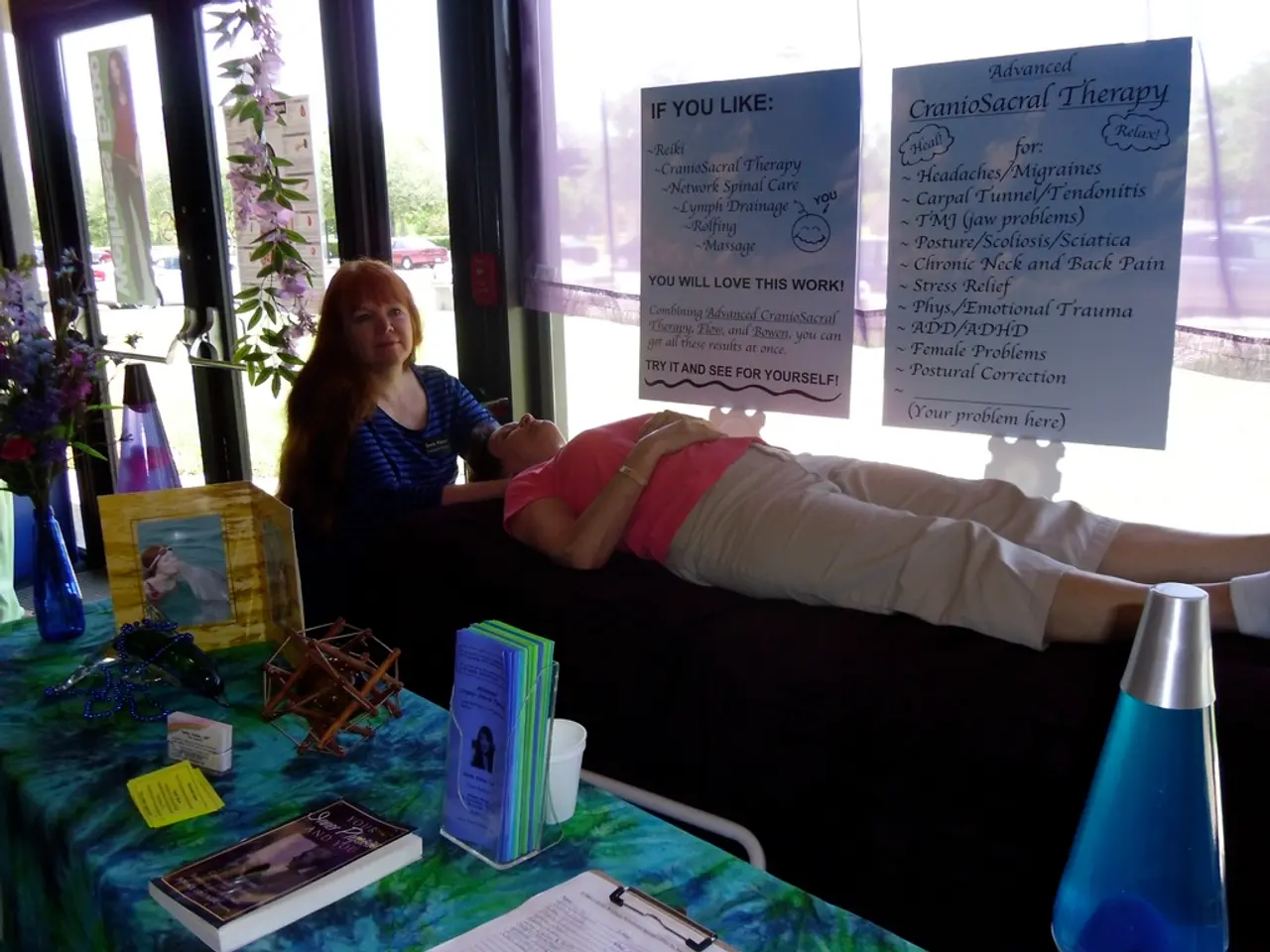Navigating Mood Disorders Amid Lockdowns
The COVID-19 pandemic has significantly impacted mental health, particularly depression, both in the general population and among those with pre-existing health conditions. Depression, a common mood disorder characterised by negative feelings, physical symptoms, and lasting for at least two weeks, can lead to serious health complications, including suicide.
Research indicates that depression rates have increased during the pandemic, influenced by factors such as social isolation, health-related anxiety, and disruptions to routine healthcare and medication access. For instance, one study found depression rates among type 2 diabetes patients rose from 19.3% before the pandemic to 30.4% during it. The pandemic has also exacerbated mental health challenges in COVID survivors, who showed a nearly 40% higher likelihood of experiencing depression compared to uninfected individuals.
Isolation and quarantine measures, anxiety over infection risks and severe health outcomes, disruptions in healthcare, and economic and social hardships have all contributed to this rise.
During lockdowns, when usual social and healthcare supports are limited, several strategies can help manage depressive symptoms. Maintaining a routine, engaging in physical activity, fostering social connections, practising mindfulness and relaxation, limiting news consumption, maintaining a healthy diet and sleep hygiene, and seeking professional help remotely are all effective strategies.
Establishing regular waking, eating, work, and sleeping schedules can restore normalcy, while daily exercise, even light activities like walking or stretching, can boost mood. Using phone calls, video chats, and messaging to stay connected with friends and family can reduce feelings of isolation, while practices such as meditation, deep breathing, or yoga can manage stress.
Avoiding excessive exposure to distressing news can prevent anxiety escalation, and eating balanced meals and maintaining consistent sleep patterns can support overall mental health. If symptoms worsen or become unmanageable at home, teletherapy or online counseling services can provide professional help.
For individuals with a history of depression or COVID-19 infection, close monitoring and early engagement with healthcare providers are recommended due to their heightened risk of sustained mental health problems.
Older adults, people with chronic or severe health conditions, children and teens, frontline workers, people with mental health conditions, and those with substance use problems may be more impacted by the COVID-19 pandemic. Amplifying positive and hopeful stories on COVID-19 can help manage anxiety and promote a sense of hope.
Helping support others, especially people who need extra support, can promote feelings of security, self-worth, control, and connectedness. Spending time outdoors can help reduce anxiety, improve feelings of well-being and happiness, and improve mood.
Starting a gratitude journal can help focus on positive thoughts, while many licensed psychologists are offering secure telephone or virtual therapy appointments during lockdown. Other relaxation or mindfulness techniques may help improve sleep.
Following a healthful daily routine during lockdown may help maintain a sense of time and structure, and reduce negative thinking patterns and lethargy. Practising relaxation techniques such as prayer, meditation, and some types of yoga may reduce stress and improve feelings of self-worth and connectedness.
A Chinese study found that almost all respondents reported psychological issues due to the pandemic. Staying informed with credible news sources may help increase feelings of control and reduce unnecessary anxieties. Limiting news or social media intake to once or twice a day, or two 30-minute chunks, can help manage anxiety and distress caused by the pandemic.
Doctors may be able to prescribe medications to help with depression, and discussing pandemic or lockdown-related fears and feelings with friends and family can increase feelings of security and self-worth. Vitamin D supplementation may help alleviate depressive symptoms.
Living under lockdown can increase the risk of depression or worsen someone's symptoms. It is important to find ways to connect with family, friends, and co-workers during lockdown restrictions.
Engaging in mental health practices such as seeking professional help through teletherapy, maintaining a routine, practicing mindfulness and relaxation, limiting news consumption, and staying connected with friends and family can help manage symptoms of anxiety and depression during the pandemic.
Managing depression and other mental health challenges may involve taking medications prescribed by doctors, implementing relaxation techniques like prayer, meditation, or yoga, and supplementing Vitamin D to potentially alleviate depressive symptoms.




